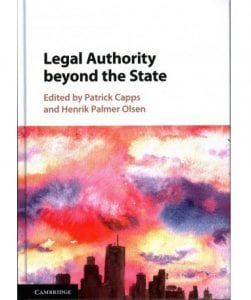By Marc Johnson, Lecturer in Law (Truman Boddon Law School)

Brexit has been a source of emotionally-charged debate. One point which has received plenty of attention is the sovereignty of Parliament and its relationship with EU membership. It is often explained that the EU’s ability to make laws (which can apply in the UK) is some form of forfeiture of sovereignty. However, this statement has a number of shortcomings, not least that it ignores the election of Members of the European Parliament by the UK, providing (at least to some degree) a democratic mandate to the European Parliament. I will use Schrödinger’s cat to suggest that sovereignty can be present in multiple places and remain intact, allowing the normal operation of both the UK Parliament and European Parliament, without offending a nuanced view of sovereignty. In order to do this, one must cast aside the orthodox views of sovereignty and start with a pragmatic and philosophical approach to Parliamentary Sovereignty as it today. Brexit is akin to lifting the lid of Schrödinger’s box to observe the actual state of sovereignty at a specific point in time, but in doing so it reduces the observers to that of a quantitative measurer, and asks ‘is it dead or alive’ – when, in fact, reality is far more complex than this. (more…)

